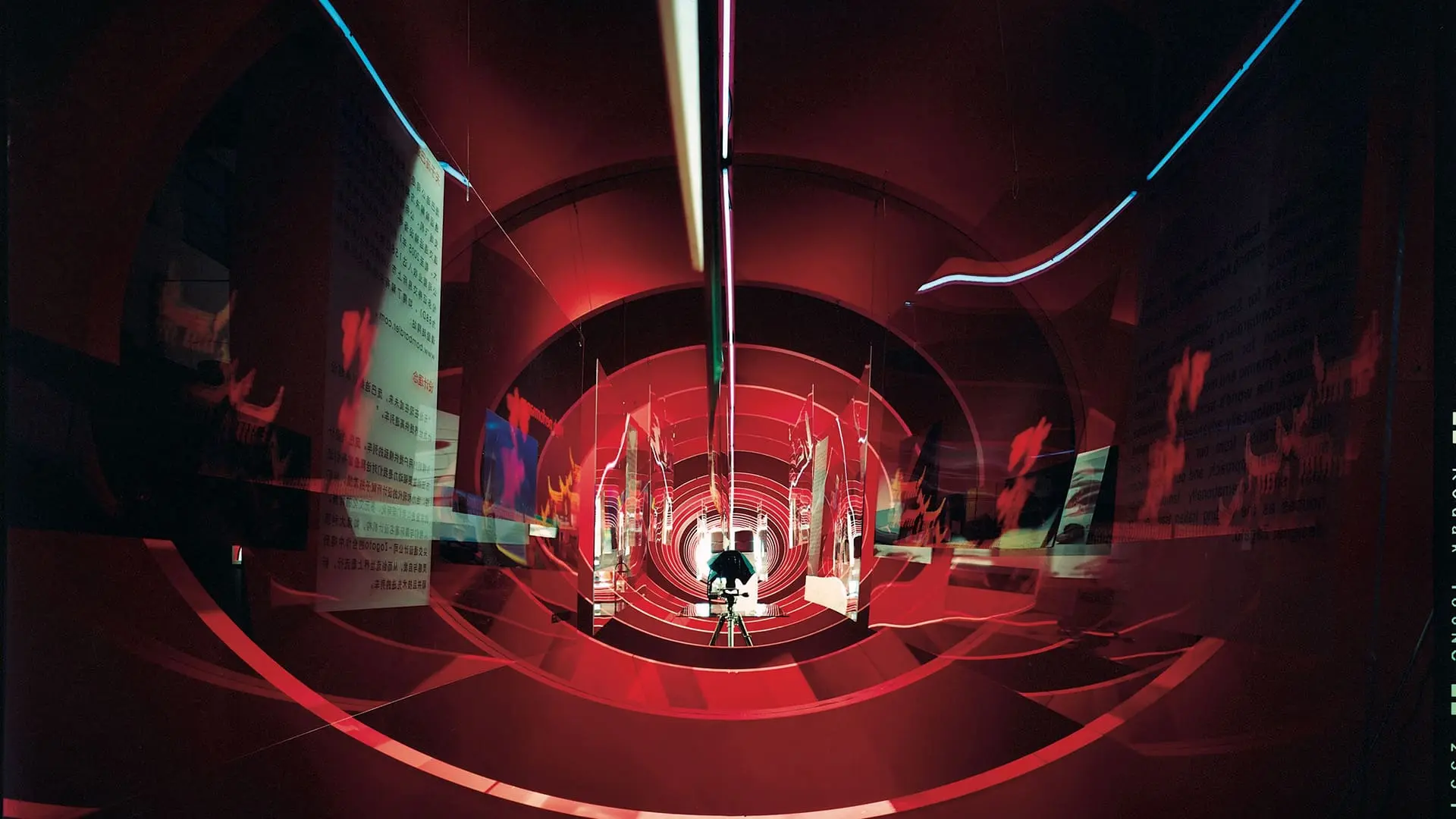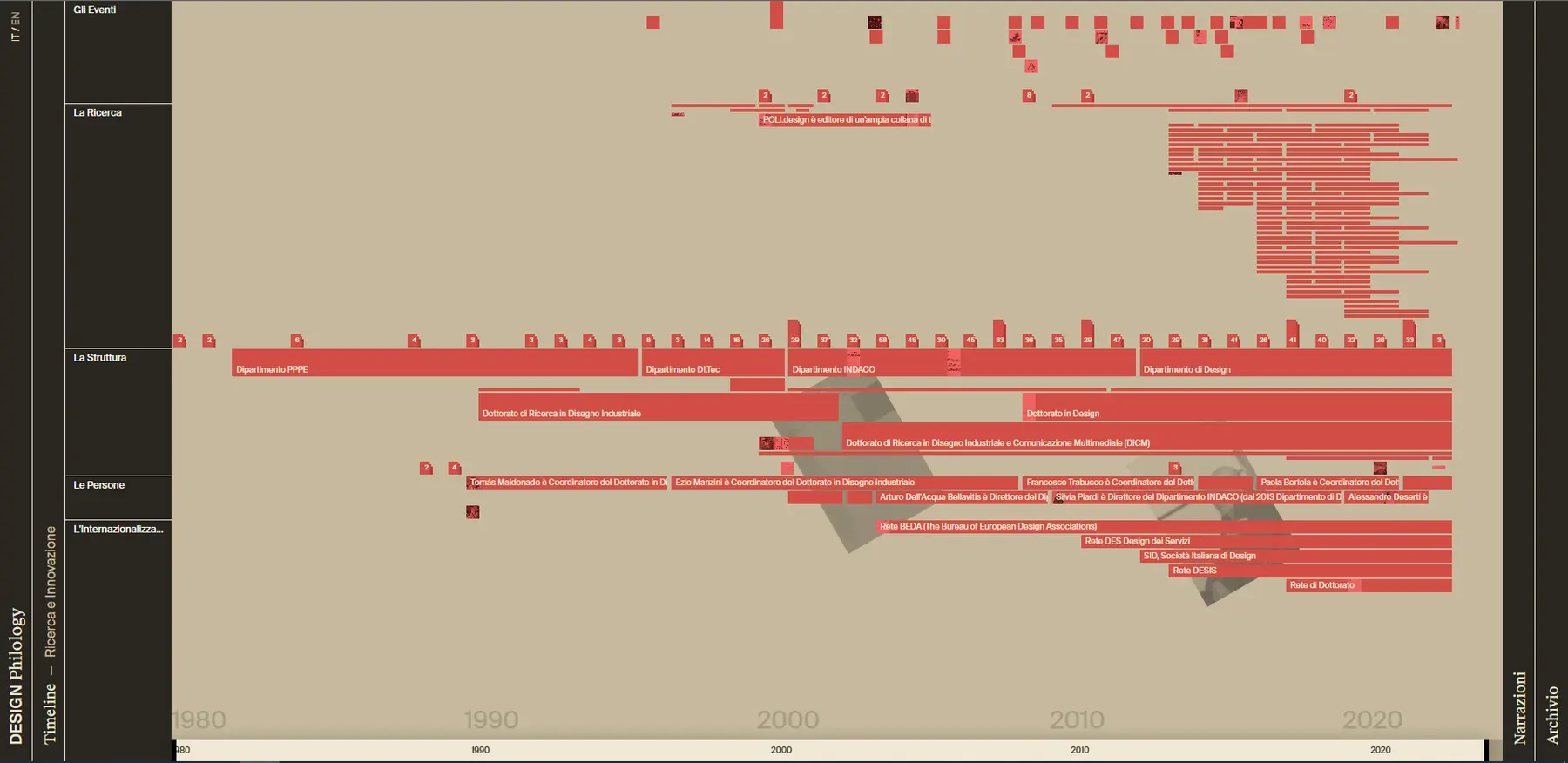DeCuPr
Design for Cultural Proximity

DeCuPr
Design for Cultural Proximity

Design for Cultural Proximity builds on the experience of ten years of research and academic activities related to the theme of urban reactivation and cultural sharing, investigating possible new design scenarios at various scales. Culture, understood as a strategic engine for the humanistic and economic renaissance of our cities, can act as a positive and inclusive development tool with a direct impact on its surroundings.
Places dedicated to cultural sharing acquire a decisive role: in fact, they must be able to take root and ramify in the territory that hosts them, developing and drawing on the cultural substratum, the genius loci, to activate new behaviours in the urban fabric, thus contributing to designing the city as a ‘collective home’. Culture thus becomes closely linked to wellbeing, a sustainable wellbeing that not only respects the environment, but also promotes social awareness and innovation.
Designing for ‘cultural proximity’ means creating healthy spaces that foster active relationships with the city and sustainable living behaviours. In this framework, the ‘city that cares’ can be enhanced through the identification and enhancement of local qualities, which act as activating factors even on a small scale, integrating natural, cultural, social and productive aspects.
This approach sees design as an evolving process, capable of growing and stratifying over time, activating new processes of education, research and cultural production.
The DeCuPr research group integrates spatial design with advanced technologies, neuroscience and artificial intelligence, exploring innovative design scenarios in constant dialogue with the city and the community. The aim is to create spaces that are guarantors of innovation, producers of content and dynamic systems, open to contamination and capable of promoting awareness and social innovation.
Magazine articles
